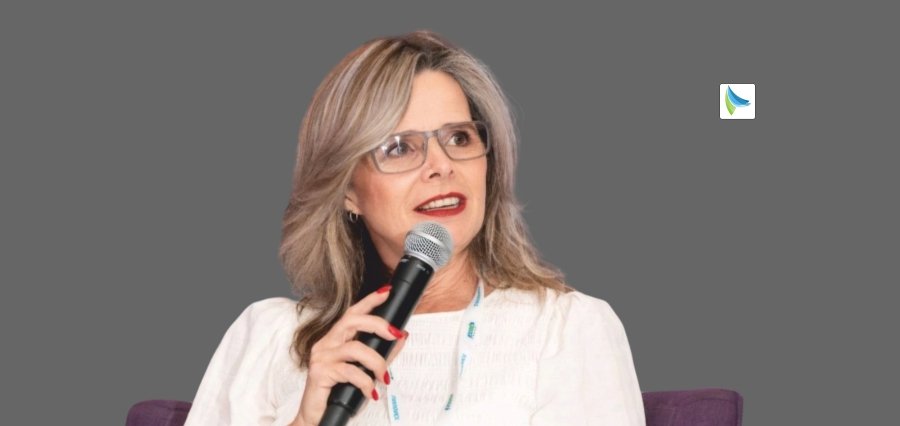Within the changing, ever-faster world of education today, a movement is emerging to reclaim an intimate, whole-brained learning process—one that is mindful not just of intellect and success, but of emotional richness, creativity, and the human spirit. At the core of this burgeoning movement is soul-centered education, an educational model that redefines the very nature of teaching and learning. It’s not just a pedagogical method, it’s a philosophy that encourages teachers and learners to lead with purpose, compassion, and inner knowledge.
To put soul-centered education into practice, we first need to train and empower teachers to act in its spirit. That means reimagined professional development—professional development that feeds the teacher as much as a teacher as a human being. The old model of professional development, skill-based and content-based, is not enough to create the presence and truth-telling required in a soul-centered classroom.
The Call for a New Paradigm
Soul-based teaching makes teachers question their work in a new manner than as bearers of information but as agents of change. The transition from performance to presence does everything differently. Teachers who adopt this vision are invited to envision their values, hear, and build learning spaces based on compassion and intention.
That can’t happen in superficial workshops or check-box training. Professional development has to become a journey—a process of spiritual grounding and introspection. It’s a matter of reminding teachers why they became teachers in the first place and how they can live their inner truth by their outer behaviors.
Reflective Practice as Foundation
A widely used model for professional growth in this field is reflective practice. Through reflection—usually conducted in community with other teachers—teachers become more fully attuned to their experience, feeling, and understanding. These meetings are a place and space where teachers know they are safe and supported to share their failures, modest triumphs, and pose essential questions such as: Where am I growing? Where am I stuck? What is it that my soul yearns to bring to the classroom?
Instead of being tested or graded, teachers are observed. That in itself is different. It provides a foundation of self-knowing and trust, two of the hallmarks of soul-centered education.
The Mentorship and Inner Companionship Role
A second critical element of professional development is mentorship—but not of the traditional top-down variety. In soul-centered education, mentorship is spiritual friendship. It requires collaborating with someone who has already walked in your direction and can contain both your questions and your expansion. These collaborations assist teachers in bridging pedagogical questions and reaching deeper into more personal questions: How do I keep my balance in stressful places? How do I get more integrityful and authentic for students?
Such guidance honors the whole person and allows for growth that is professional but also profoundly personal.
Experiential Learning Through Retreats
In an arena where burnout has become a widespread issue, providing time and space for teachers to pull back is more important than ever before. Soul-centered teacher retreats offer an opportunity to step away from the noise and become quiet. Experience-rich, they are occasionally held in nature settings or tranquil environments where the pace of life is moved low enough to support genuine reflection.
Here, through meditation, journaling, art, and silence, teachers access their inner life. They come back refreshed, but more profoundly, changed—ready to infuse their teaching with a deeper sense of peace, clarity, and inspiration. These retreats are not extras; they are foundational to the creation of a soul-based teacher.
The Power of Creative and Embodied Learning
Creativity is not reserved for the arts—soul-centered learning keeps it at its core. As teachers engage in professional learning through movement, story, music, or visual art, they are tapping into different ways of knowing that transcend rationality. These practices are not about creating something perfect but about tapping into the intuitive and bringing out what lies beneath.
Embodied learning itself is necessary. Teachers are taught to pay attention to their bodies, hear what they feel, and employ breathing or movement as a grounding mechanism and an empathy tool. They become more present and responsive in their classroom tasks through these exercises.
Mindfulness as a Core Practice
At the heart of soul-based teaching is the cultivation of mindfulness. Mindfulness-based professional growth allows teachers to learn presence—not just in theory, but in the midst of classroom distractions, administrative demands, and personal worry. Breathing, body scan, and moment-to-moment awareness teach teachers to anchor themselves.
Mindfulness programs like Mindful Schools or CARE (Cultivating Awareness and Resilience in Education) have already demonstrated that mindfulness can build teacher resilience, reduce burnout, and create more responsive learning environments. When teachers are present, students also are impacted by how they feel safe, heard, and understood.
Challenges and Possibilities
Soul-based learning in those systems is not an easy undertaking. It is compressed time, institutional resistance, and insufficient funding that can bring progress to a standstill. But more fundamentally, there is a value question: What are we building as learning spaces, and what does it mean to become a whole adult?
The test is finding room for authenticity, empathy, and higher meaning. The greater that schools and organizations come to see the value in this path, the more professional development must adapt.
A Return to the Heart
Soul-centered education invites us to remember that teaching is a holy vocation. It is more than tests or grades—it is presence, meaning, and connection. Investing in professional growth that fuels the soul of the teacher starts us on the path of opening the door to the potential of classrooms as the place where transformation really can occur.
When teachers are empowered to teach from the heart, students are empowered to do the same. Thus, soul-centered education is not merely a practice but a movement—a movement that can heal, inspire, and restore the very purpose of education itself.
Read More: How Conscious Leadership Drives Sustainable Business Growth in the Digital Age?












